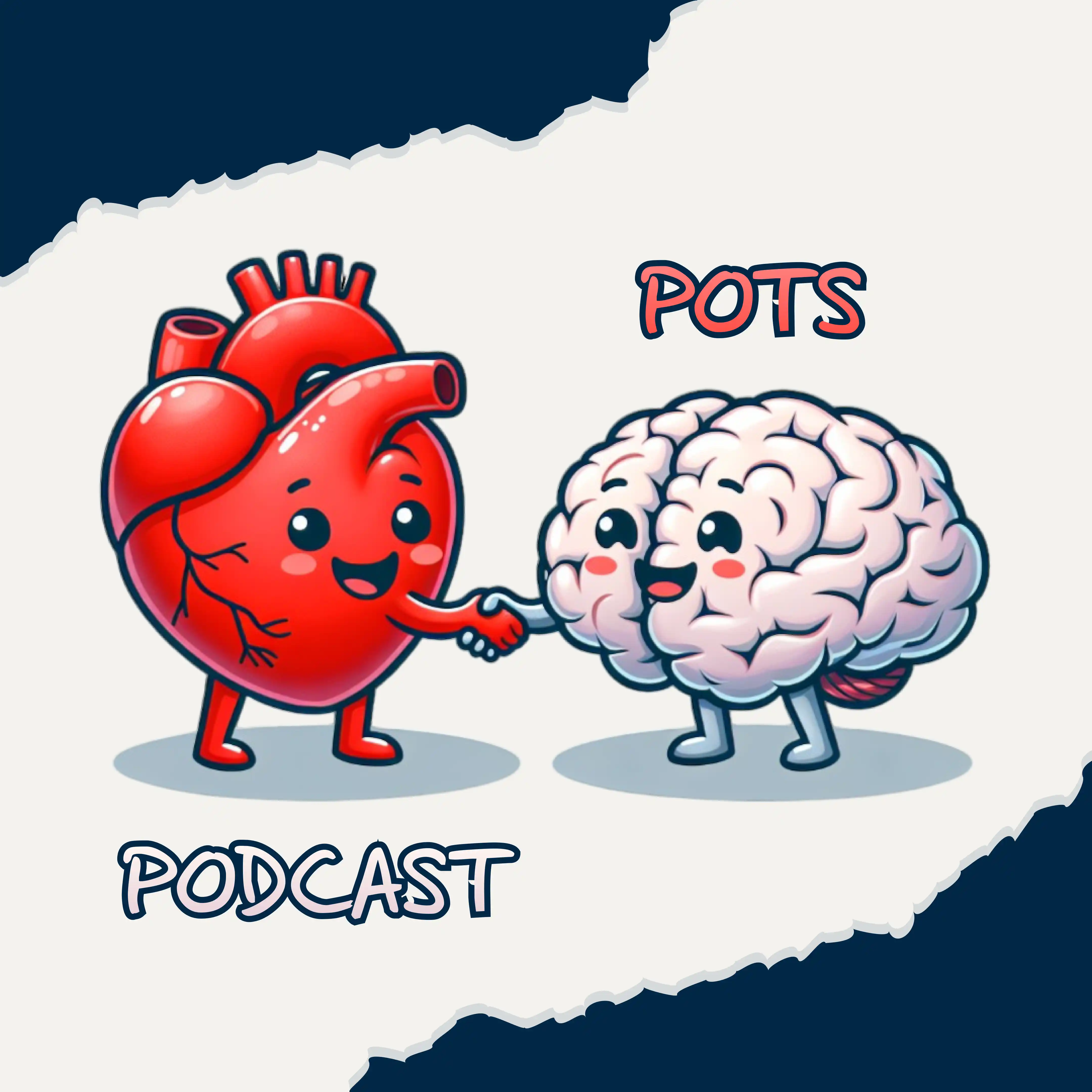
How Proper Breathing Can Transform POTS Recovery
Dive into the often-overlooked foundation of neurological recovery as Dr. Joseph Schneider reveals how breathing mechanics directly impact POTS symptoms. In this informative episode, Dr. Schneider breaks down the critical relationship between diaphragmatic breathing and your autonomic nervous system, explaining why many POTS patients struggle with improper breathing patterns that exacerbate their condition. Through clear explanations of the phrenic nerve pathway and medulla oblongata function, you'll gain a deeper understanding of why chest breathing leads to physical discomfort and autonomic dysfunction. Dr. Schneider introduces practical tools like HeartMath training and the Maffetone Method that can help recalibrate your respiratory rate and improve heart function. This episode offers tangible breathing techniques for anyone experiencing fatigue, anxiety, or digestive issues related to POTS - potentially the missing piece in your recovery journey. Connect with Dr. Joseph Schneider: Website: Hope Brain and Body Recovery Center LinkedIn: Joseph Schneider YouTube: hopebrainbodyrecoverycenter Instagram: @hopebraincenter_ Facebook: Hope Brain and Body Recovery Center
Description:
Dive into the often-overlooked foundation of neurological recovery as Dr. Joseph Schneider reveals how breathing mechanics directly impact POTS symptoms. In this informative episode, Dr. Schneider breaks down the critical relationship between diaphragmatic breathing and your autonomic nervous system, explaining why many POTS patients struggle with improper breathing patterns that exacerbate their condition. Through clear explanations of the phrenic nerve pathway and medulla oblongata function, you'll gain a deeper understanding of why chest breathing leads to physical discomfort and autonomic dysfunction. Dr. Schneider introduces practical tools like HeartMath training and the Maffetone Method that can help recalibrate your respiratory rate and improve heart function. This episode offers tangible breathing techniques for anyone experiencing fatigue, anxiety, or digestive issues related to POTS - potentially the missing piece in your recovery journey.
Connect with Dr. Joseph Schneider:
Website: Hope Brain and Body Recovery Center
LinkedIn: Joseph Schneider
YouTube: hopebrainbodyrecoverycenter
Instagram: @hopebraincenter_
Facebook: Hope Brain and Body Recovery Center




Comments